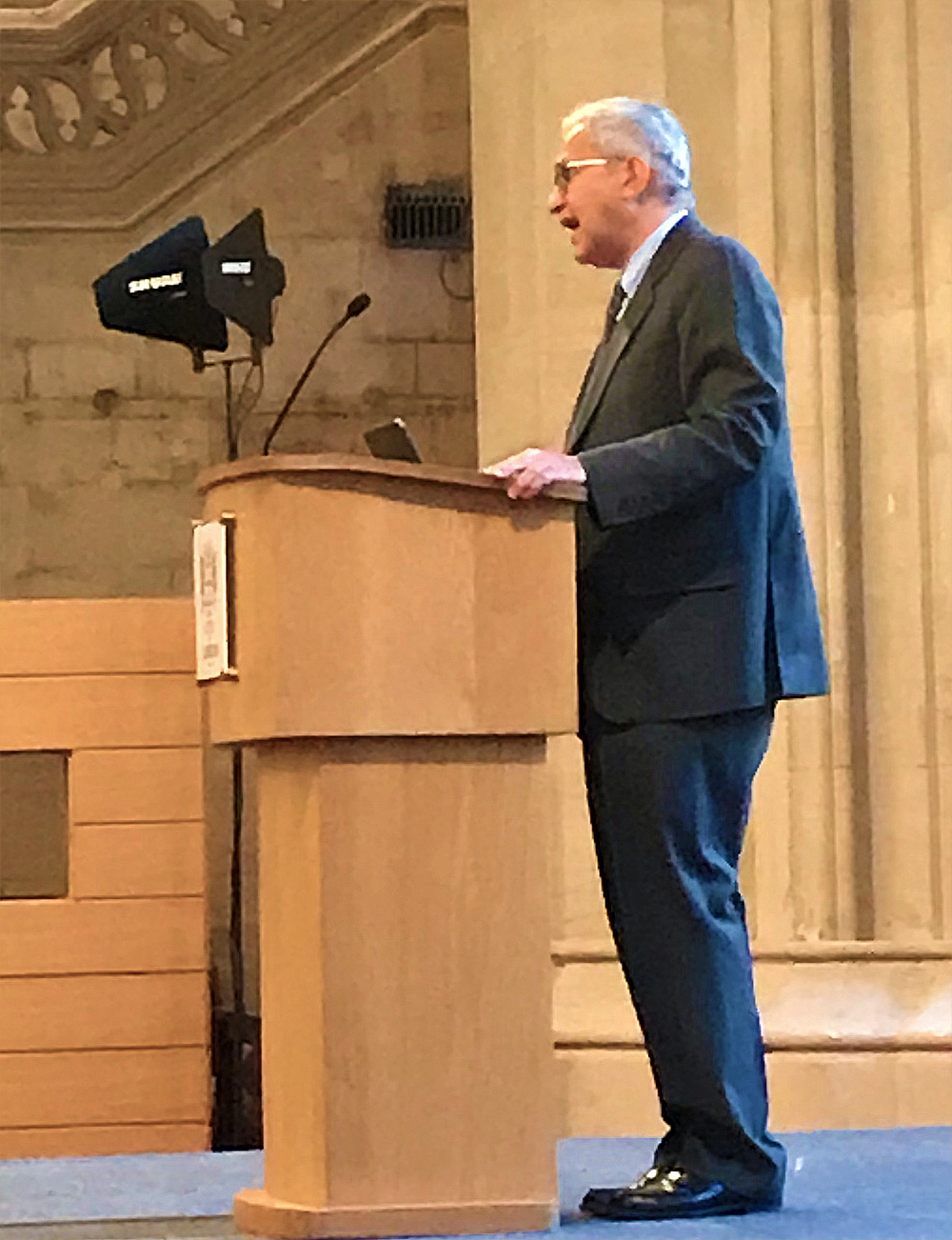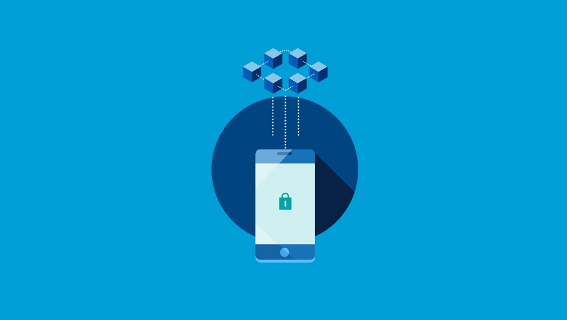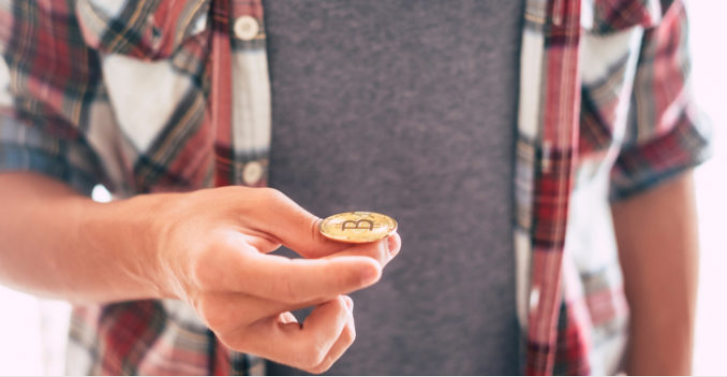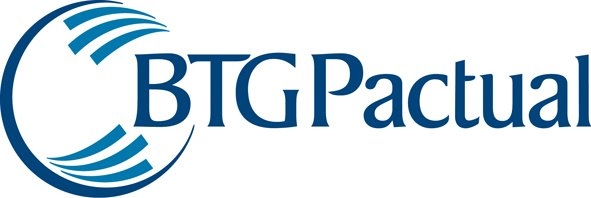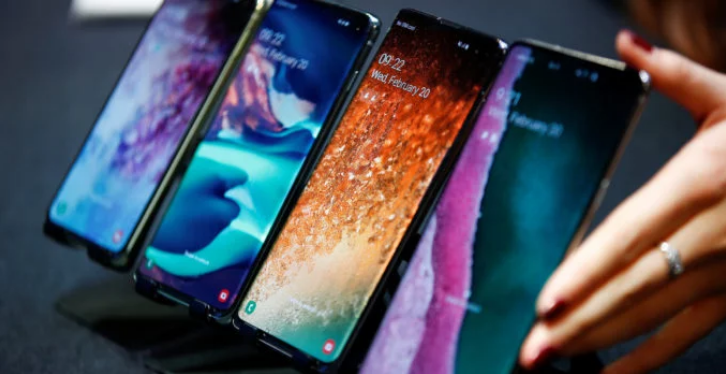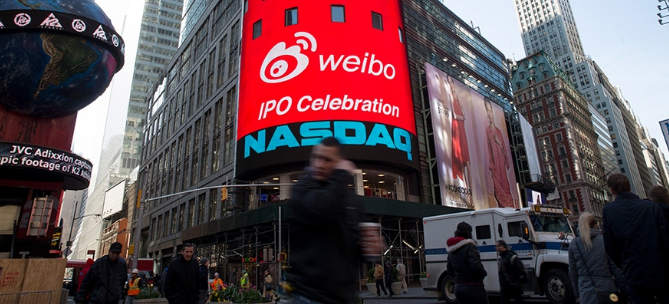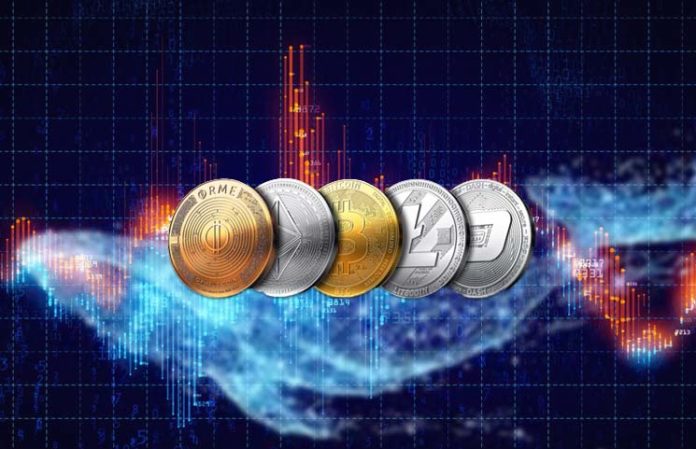 The fifth anti-money laundering (AML) regulations come into force on 10th January 2020 meaning, as the EU press release states, it will be “addressing risks linked to prepaid cards and virtual currencies”.
The fifth anti-money laundering (AML) regulations come into force on 10th January 2020 meaning, as the EU press release states, it will be “addressing risks linked to prepaid cards and virtual currencies”.The impact of this is slowly dawning on the Cryptocurrency market, as it indicates that one will not be allowed to transfer or potentially use these types of payment mechanisms unless complete Know Your Client (KYC) and AML checks have been carried out. This is because the Fifth AML Directive intends that crypto-asset exchanges comply with anti-money laundering and counter-terrorist financing rules.
This is where the challenge may lie as some Cryptocurrencies, such as Tether, are ‘owned entities’ which have not yet been subject to KYC/AML checks. No doubt, I can hear you say - “So what?”. Well, according to Jeremy Allaire, CEO of Circle, “Asian traders account for about 70% of all crypto trading volume”, and Tether was used for up to 40% of all transactions on Binance and as much as 80% on Huobi, (two of the world’s largest Digital Asset exchanges) as was stated by Coin Metrics earlier this year. Tether is the world’s largest Cryptocurrency in terms of daily trading and, as you can see below, it dwarfs Bitcoin even though Tether is valued (according to Coinbase as at 14/11/19) at approximately £3.2 billion and Bitcoin at £126.2 billion.
Value of top 10 Cryptocurrencies 27th Sept 2019
Source: Bloomberg
If owners of a cryptocurrency have not passed KYC and AML checks they may well find that they will not be able to trade certain exchanges, which could subsequently reduce the amount of turnover. The reported trade between Russia and China alleges Chinese importers in Russia are buying up to $30 million a day of Tether (USDT) from Moscow’s over-the-counter trading desk, as Cryptocurrencies are used by the Chinese to send large sums of capital back to their home country. Maya Shakhnazarova, head of OTC trading at Huobi Russia, told CoinDesk, “Chinese traders accumulate a lot of cash in Moscow and need a tether to transfer it to China. A client comes with cash, we register the price at exchanges, when we agree on a price, we make a deal,” Shakhnazarova also added, “The client hands over the cash and a wallet address, the seller sends USDT to the wallet.”
It is of little surprise that central banks and regulators are now looking at tightening the controls to stop such flow of funds. Indeed, they are wanting to go one step further and offer their digital currencies, so they can have monitor digitally where transfers are going to and coming from in an attempt to be able to ‘crackdown’ on illicit market activity. Cryptocurrencies that had been subject to extensive KYC/AML checks when the Initial Coin Offerings (ICO) were issued could become a lot more popular. However, those ‘Cryptos’ that are unable to verify their holders may find exchanges will not trade them, and therefore their liquidity could become a real challenge.


